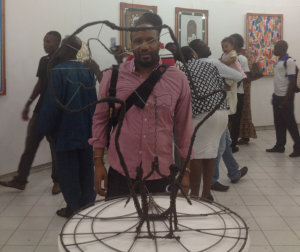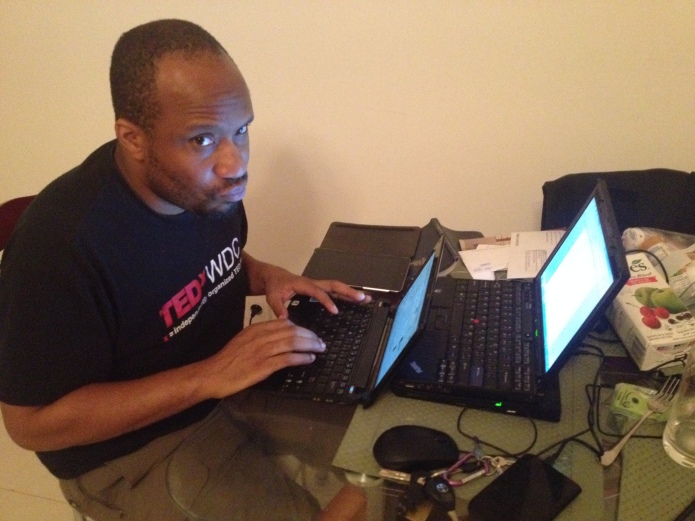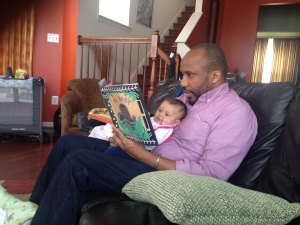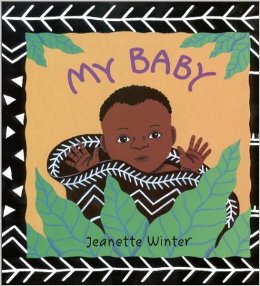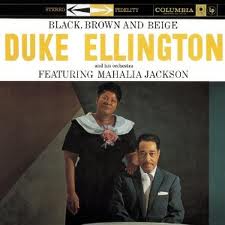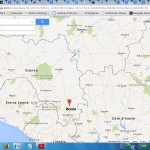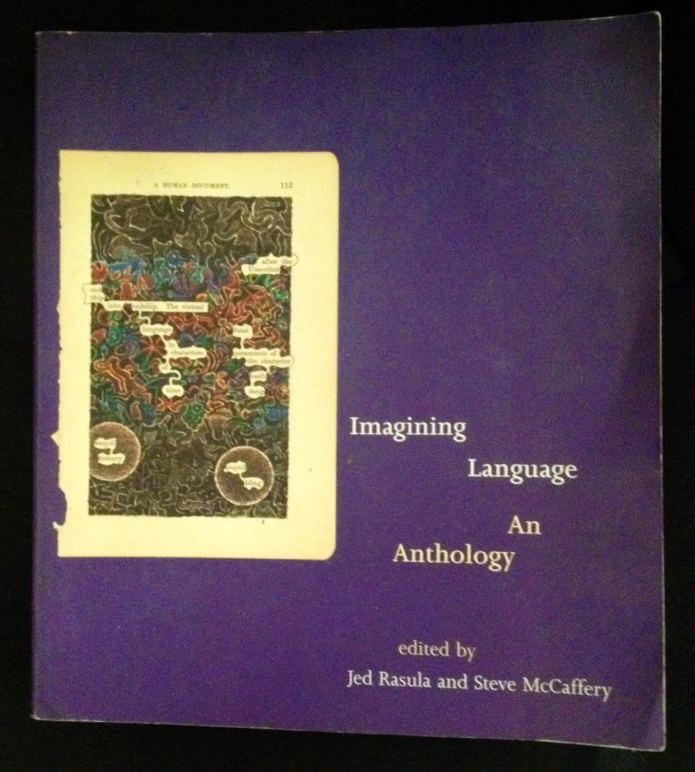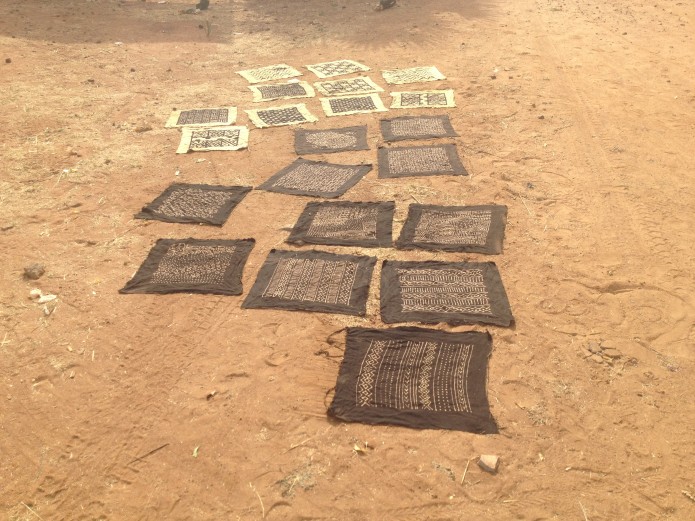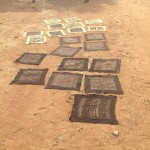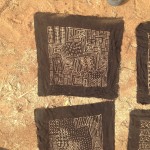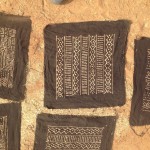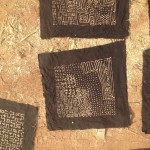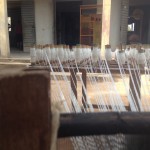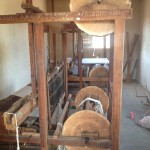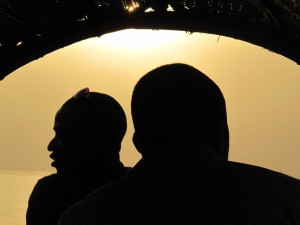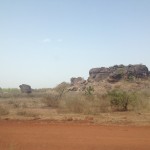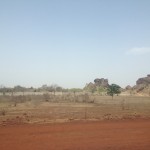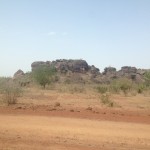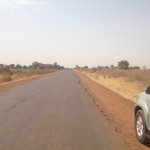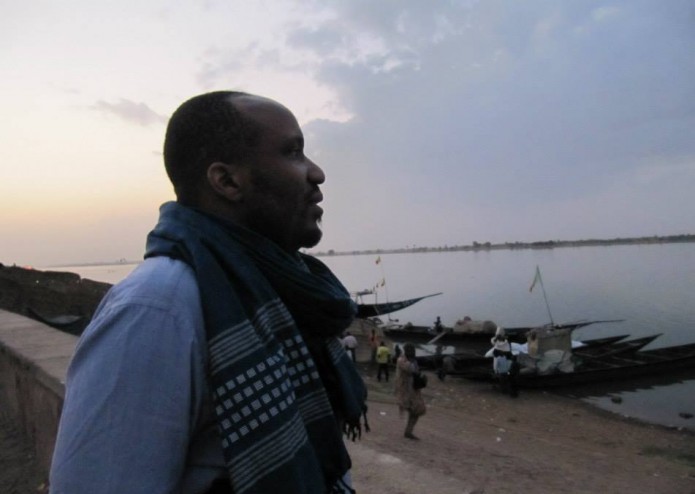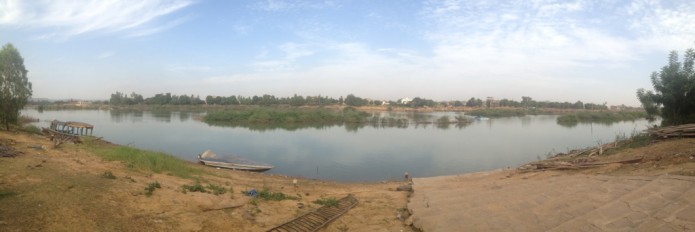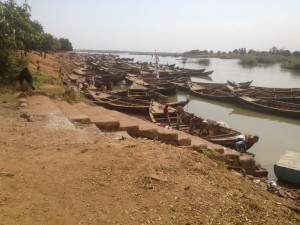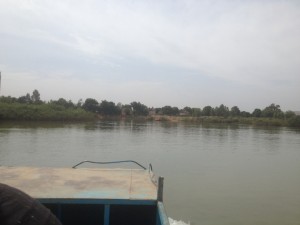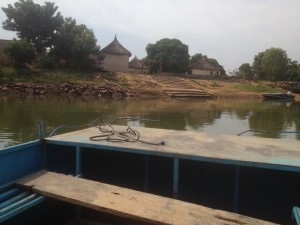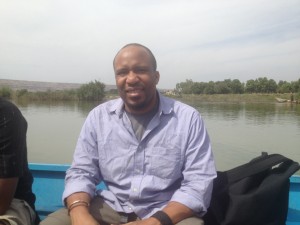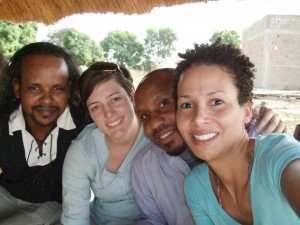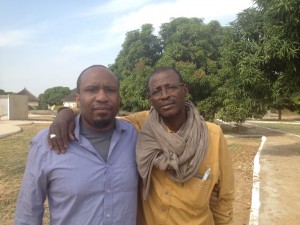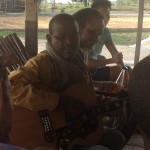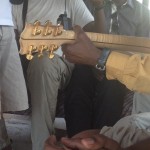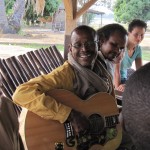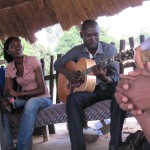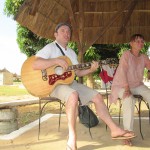On Civilization
Living abroad and trying to learn all that there is to learn about your new environment is already quite a challenge, but trying to relay that experience to someone who has never been to the part of the world you are living in, or to someone who is misinformed is another experience entirely.
About a week or so ago (around the time of the Michael Dunn verdict), I was on a phone call with the customer service department of the company that provides my support for the alarm system in a property I own back in DC, the conversation went something like this:
Me: I apologize if my voice is breaking up, I am calling you on Skype from West Africa.
Customer Service Rep: Wow, that’s quite a ways from DC! What area of the countr… I mean continent…I always for Africa is a continent. What country do you live in?
Me: I live Mali, in a city called Bamako.
Customer Service Rep: I know Nigeria, South Africa…Now where you are is it civilized?
Civilized?
Civilized (sĭv’ ǝ – līzd’) adj. 1.
This question gave me pause, because I had to really think hard about what he was asking…I had think about what his understanding and assumptions about what “civilization”is.
I paused for what seemed like an eternity, but to be totally honest I did not feel rage that I thought I would feel at such a badly worded and ignorant question…I answered with a very short, but polite “Yes, quite civilized.”
The call did not last much longer, the rep was able to pull up the necessary screen to update my account and the call was over.
Later I could not help but re-visit that question of whether or not where I was was indeed “civilized”, this obviously made me think about the idea of civilization in general and what it means to be a civilization. How does a civilization care for all of its citizens? How do those citizens experience justice? Does the body of the civilization do what the mouth says? And what of a civilization’s imagination is the civilization who they think they are?
Civilized…I thought…if I had not been so stunned or once I recovered from being stunned and if I had the courage…I would have said something like, “Oh Civilized..you mean like having enough wealth to care for the homeless and uninsured but just choosing not to do it , like stop and frisk and end up dead, civilized like being found guilty attempting murder, but not committing murder, civilized like pretending your skin color means you are pure?
To be quite honest since being here in Mali, I have witnessed some of the best examples of civilization that I have experienced anywhere I have been so far.
On the night I arrived in Bamako, my driver drops me off at my apartment building and the security guards would not let me carry any of my bags, they insisted that I was too tired to carry anything. Before I could really get through threshold of the door, the other security guards called out to Naa Yaa dumunike (come to eat with us!)…these people have never seen me before and here they are offering me to come and literally from the same bowl they are all eating from – this is not to mention the fact that the little bit off food they had was barely enough for them.
Other examples are the culture of salutations and greetings. A typical greeting here consists taking the time to ask someone not only how they are doing, but their parents, their children, their work or crops, etc. Greetings for some can take up a long time depending on how long you have known the person, how long you it has been you had seen the person last or how many blessings you give them. These greetings are expected even in normal business transactions like going to buy something at the store.
Here is a typical morning conversation greeting
Ee nee sogoma. Good morning.
Mbah. Ee nee sogoma. Male response. Good morning.
Hair-ray serra wah? Did you have a peaceful night?
Hair-ray. Peaceful.
Somogo bedi? How is your home?
Tor-ro-teh. No problems.
I musso ka ken-nay? Is your wife well?
Tor-ro-teh. No problem.s
Denmisino ka ken-nay? Are the children well?
Tor-ro-teh. No problems.
Nsay. Female response.
Mbah. Male response.
To hear to Bamanakan speakers greet one another sounds like an old song that everyone knows and sing together whenever they meet…
I hope that those who think we in “the West” are the most “civilized” get a chance, at least once in their lives, to experience the type of civilization, authenticity and care from a unknown place, from a person or apeople that don’t like like them or don’t live exactly like them. I hope that they get to sing a song with with strangers that starts with hello.
